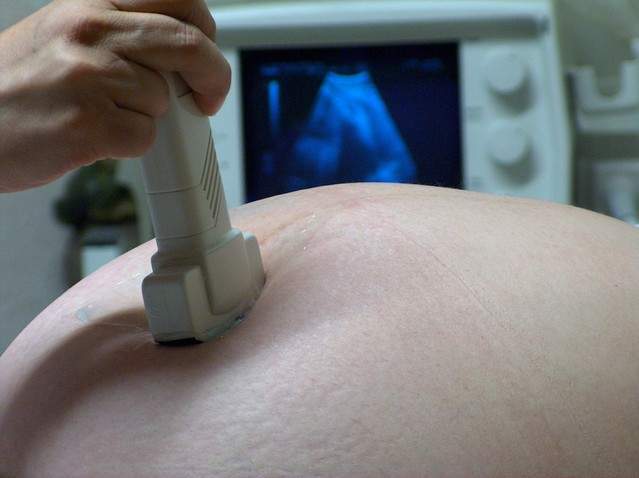
The study was described at the 33rd annual Advances in Contrast Ultrasound conference in Chicago.
Patients with hepatocellular carcinoma (HCC), the third leading cause of cancer deaths worldwide, were found to benefit from a combination of contrast enhanced ultrasound (CEUS) and radiation therapy, according to Dr. John Eisenbrey, a researcher at Thomas Jefferson University in Philadelphia.
Dr. Eisenbrey said: “These are exciting preliminary findings because hepatocellular carcinoma is the most common form of liver cancer, and microbubbles appear to sensitize the tumor to the radiation therapy.”
For many years CEUS has used liquid suspensions of tiny gas microbubbles to improve the clarity and reliability of diagnostic ultrasound images of the heart, liver and other organ systems. The Thomas Jefferson study found that these ultrasound contrast agents can also be used to improve the effectiveness of cancer therapy, with the microbubbles playing a role in tumor death.
The study included one set of patients with liver cancer treated with radiation therapy alone and a second set of patients that received radiation therapy combined with CEUS.
Researchers found that patients receiving a combination of CEUS and radiation saw destruction of the vessels that carry blood to the tumor, with a 25 to 60% increased response to the radiation treatment.
Eisenbrey said: “The microbubbles produced a clear therapeutic benefit.”
ICUS co-president and Rush University Medical Center medicine professor Dr. Steven Feinstein said: “These findings are extremely exciting and appear to be consistent with previous work using the microbubbles to enhance absorption of chemotherapy drugs.”
“Microbubble contrast agents are extremely safe and useful for diagnostic ultrasound imaging, and their new therapeutic uses are very promising,” Feinstein said.
Source: Company Press Release.






